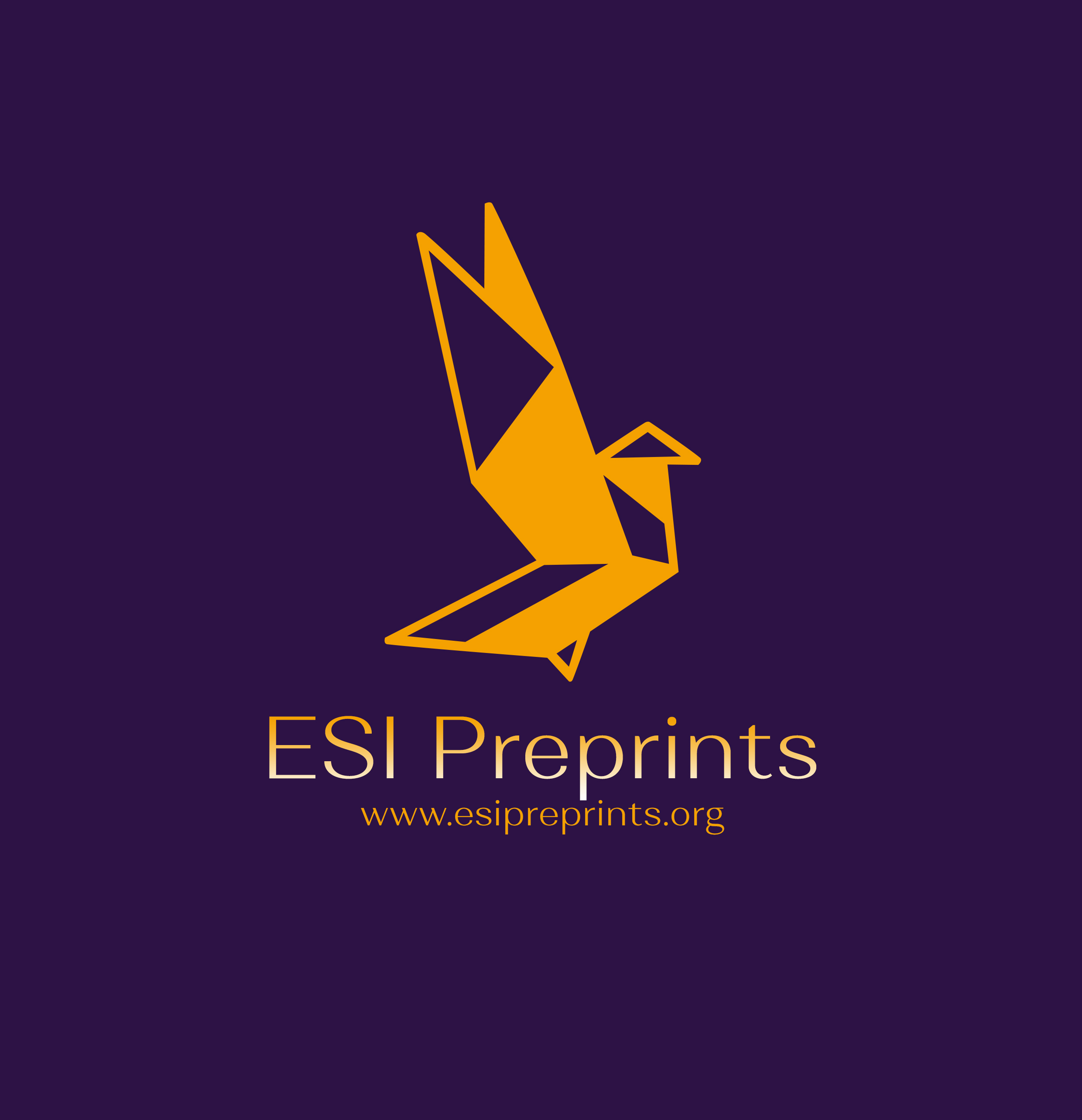United in diversity: Multilingual language policy and democracy building in the EU
Abstract
The present study undertakes to examine how plurilingual practices in a political entity relate to the principles of democracy, with a particular focus on the European Union. In academia, there are different theories as to the compatibility of democracy with linguistic fragmentation. These faultlines are mostly rooted in different perceptions of democratic citizenship. The present essay will take a closer look at the state-of-the-art of scientific literature with regard to the subject. The compatibility of multilingualism with democracy is all the more fascinating when examining the subject at transnational level, in the institutional realm of the European Union, a transnational entity exploding the framework of a traditional international organization.
Downloads
References
2. Dahl, Robert: Polyarchy. Participation and Opposition. New Haven, CT: Yale University Press, 1971.
3. Easton, David: A Systems Analysis of Political Life. New York: John Wiley, 1965
4. Grimm, Dieter: Does Europe Need a Constitution? European Law Journal. 1995. 1 (3) pp. 282–302.
5. Kielmansegg, Peter: Vereinigung ohne Legitimität. Merkur: Deutsche Zeitschrift für europäisches Denken 1993. 47 (7) pp. 561-75.
6. Kymlicka, Will & Grin, François: Assesing the politics of diversity in transition countries. In Daftary et al. (eds.) Nation-building, Ethnicity and Language Politics in Transition Countries Budapest: Local Government and Public Service Reform 2003 pp. 5-27
7. Kymlicka, Will: Politics in the Vernacular. Oxford: Oxford University Press, 2001.
8. Kymlicka, Will: Multicultural citizenship: A liberal theory of minority politics. New York/Oxford: Oxford University Press, 1995.
9. Krzyżanowski, M., & Wodak, R. (2013) Dynamics of multilingualism in post-Enlargement EU institutions: perceptions, conceptions and practices. In Berthoud et al. (eds.) Exploring the dynamics of multilingualism: the DYLAN project. (pp. 205-31). Amsterdam: John Benjamins.
10. Eurobarometer (2012): Europeans and their languages. Viewed 3 July 2015 https://ec.europa.eu/public_opinion
11. Eurostat, Foreign language skills statistics. Viewed 9 september 2022 https://ec.europa.eu/eurostat
12. Habermas, Jürgen: Remarks on Dieter Grimm’s Does Europe Need a Constitution? European Law Journal 1995. 1 pp. 303-307
13. Linklater, Andrew: Globalisation and the transformation of political community. In Baylis et al. (eds) The Globalisation of World Politics. Oxford: Oxford University Press 2006. pp. 712-725
14. Mill, Stuart: Considerations on representative government. Buffalo, N.Y: Prometheus Books, 1991.
15. Modiano, Marco: Euro Englishes. In Kachru et al. (eds.) The Handbook of World Englishes. Oxford: Blackwell, Oxford: Blackwell 2009. pp. 223-239
16. Moravcsik, A. (2004) Is there a democratic deficit in world politics? A framework for analysis. Government and Opposition. 39 (2), 336-63.
17. Patten, Alan: Political theory and language policy. Political Theory. 2001. 29 (5) pp. 691-715.
18. Réaume, Denise & Pinto, Meital: Philosophy of language policy. In Spolsky (ed.) The Cambridge handbook of language policy. Cambridge: Cambridge University Press. 2012 pp. 44-60.
19. Robichaud, David & De Schutter, Helder: Language is just a tool! On the instrumental approach to language policy. In Spolsky (ed.) The Cambridge handbook of language policy. Cambridge: Cambridge University Press 2012 pp. 114-31
20. Rustow, Dankwart: Language, Nations, and Democracy In Savard et al. (eds.) Les États multilingues: problèmes et solutions. Quebec: Les Presses de l’Université Laval 1975 pp. 43-60.
21. Scharpf, Fritz: Governing Europe: Effective and Democratic? Oxford: Oxford University Press, 1999.
22. Schmitt, Carl: The Crisis of Parliamentary Democracy. Cambridge: MIT Press, 1985.
23. Thomassen, Jacques: Citizens and legitimacy of the European Union. Scientific Council for Government Policy, Webpublications 2007. 19
24. Van Parijs, Philippe: Must Europe be Belgian? On democratic citizenship in multilingual polities. In Mc Kinnon et al. (eds.) The demands of citizenship London&New York: Continuum 2000. pp. 235-253
25. Van Parijs, Philippe: Europe’s linguistic challenge. European Journal of sociology 2004. 45 (1) pp. 113-154.
26. Wright, Sue: Language policy, the nation and nationalism. In Spolsky (ed.) The Cambridge handbook of language policy. Cambridge: Cambrige University Press. 2012 pp. 61-76. ű
27. Wright, Sue: Language Rights, Democracy and the European Union. In Language Rights and Language Survival: Sociolinguistic and Sociocultural Perspectives Manchester: St. Jerome 2004. pp. 219-242.
28. Young, Iris: Justice and the Politics of Difference. Princeton University Press, 1990.
Copyright (c) 2024 Orsolya Katalin Szabo

This work is licensed under a Creative Commons Attribution 4.0 International License.








